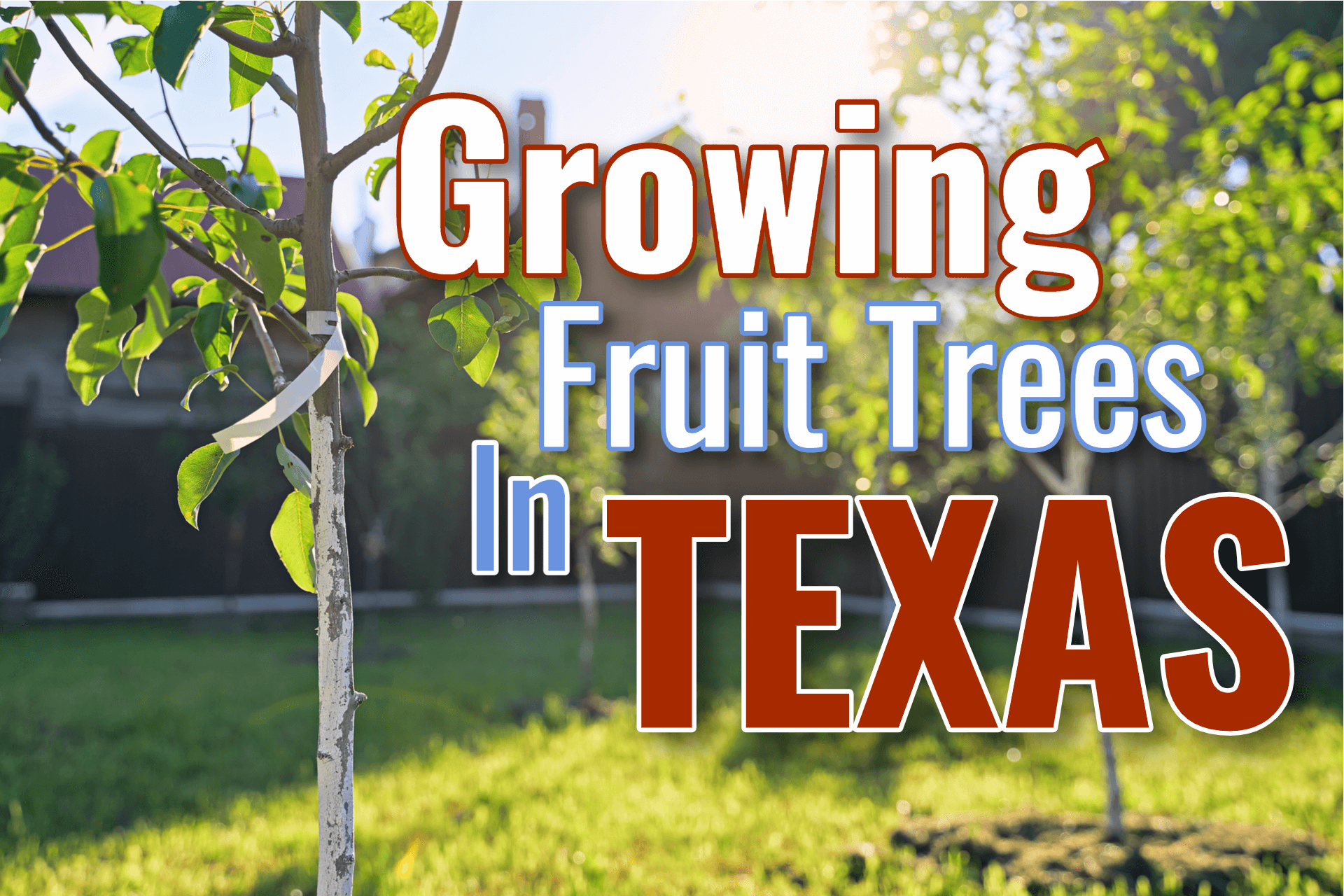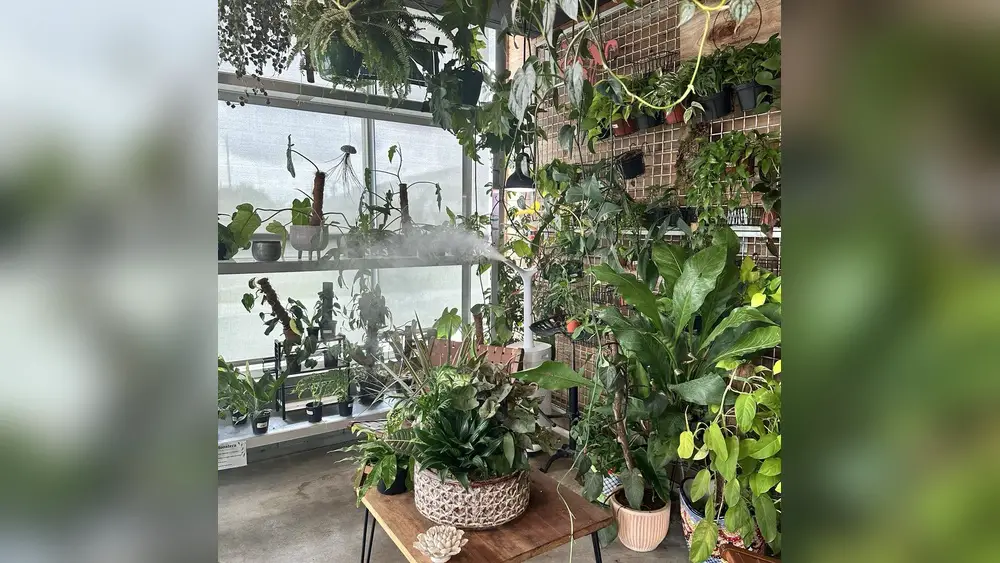If you want to add beauty, shade, and value to your property in Winter Haven, choosing the right trees is key. But with so many options, how do you know which ones will thrive in this Florida climate?
You need trees that can handle the subtropical heat, occasional cold snaps, and your specific yard conditions. In this guide, you’ll discover the best trees to plant in Winter Haven, Florida—trees that are low-maintenance, hardy, and perfect for your landscape.
Keep reading to find out which species will transform your outdoor space and make your planting efforts truly worthwhile.
Winter Haven Climate And Zones
Winter Haven, Florida, enjoys a climate that supports diverse tree growth. Understanding the local climate and planting zones helps choose the best trees. The region’s weather and soil suit many native and exotic species. Winter planting can give young trees a strong start before the hot months arrive.
Usda Hardiness Zone Details
Winter Haven lies in USDA Hardiness Zone 9b. This zone has average minimum temperatures between 25 and 30 degrees Fahrenheit. Plants must tolerate mild winters and occasional cool snaps. The zone guides gardeners to pick trees that survive and thrive here. Many subtropical and tropical trees do well in this zone.
Humidity And Temperature Effects
Winter Haven has high humidity most of the year. Warm temperatures range from 60 to 90 degrees Fahrenheit. The humidity helps keep soil moist for tree roots. It also supports lush, green foliage on many species. However, some trees need good air flow to prevent disease in humid conditions. Choosing trees adapted to warm, humid climates is key.
Ideal Planting Times
Choosing the right time to plant trees in Winter Haven, Florida, makes a big difference. Proper timing helps trees grow strong roots before facing hot weather or storms. Understanding the best planting times improves tree survival and health. This section guides you through ideal planting seasons and common mistakes to avoid for successful planting.
Best Seasons For Planting Trees
Winter is the best season to plant most trees in Winter Haven. The cooler temperatures reduce stress on new trees. Trees have time to establish roots before the heat of summer arrives. Early spring also works well for planting, especially before the hottest months. Avoid planting during the peak summer heat. Heavy heat can dry out young trees and harm growth.
Avoiding Common Planting Mistakes
Planting too deep is a common error. Place the root ball level with the soil surface for best results. Watering too much or too little can hurt young trees. Keep soil moist but not soggy. Avoid planting trees too close to buildings or power lines. Give trees room to grow. Use mulch around the base to keep soil cool and moist. Removing grass near the tree helps reduce competition for water.
Top Shade Trees
Winter Haven, Florida enjoys a warm climate perfect for many shade trees. Shade trees help cool your home and yard. They create a relaxing space outdoors. Choose trees that grow well in this area. Here are three top shade trees to consider planting.
Live Oak Benefits
The live oak is a strong, long-living tree. It offers wide, dense shade that cools large areas. Its thick branches support hanging swings or lights. This tree is very drought-tolerant and handles Florida’s heat well. Live oaks also resist many pests and diseases. Their deep roots help prevent soil erosion. They add beauty and value to any property.
Southern Magnolia Features
Southern magnolias have large, shiny green leaves. Their creamy white flowers smell sweet and attract pollinators. This tree grows tall and provides good shade. It stays green year-round, adding constant color. The bark is smooth and gray, making it attractive. Southern magnolias are slow-growing but hardy in Winter Haven’s climate. They need well-drained soil and some space to spread.
Crape Myrtle Appeal
Crape myrtles brighten yards with vibrant blooms in summer. They come in pink, red, white, and purple flowers. These trees have a unique, smooth bark that peels in layers. Crape myrtles grow faster than many shade trees and stay smaller. Their shape fits well in tight spaces or near homes. They tolerate heat and drought, fitting Winter Haven’s weather. Fall colors range from yellow to red, adding seasonal charm.

Credit: www.homes.com
Flowering And Ornamental Trees
Flowering and ornamental trees add vibrant color and charm to Winter Haven gardens. These trees bloom with beautiful flowers and enhance the landscape. They attract birds and butterflies, creating a lively outdoor space. Choosing the right trees ensures year-round beauty and interest.
Redbud And Flowering Dogwood
Redbud trees burst with pink or purple flowers in early spring. Their heart-shaped leaves turn bright yellow in fall. Flowering dogwoods display white or pink blooms that brighten shady areas. Both trees thrive in Winter Haven’s warm climate. They grow well in gardens and parks.
Jacaranda Characteristics
Jacarandas produce stunning purple-blue flowers in late spring. Their fern-like leaves provide light shade during summer. These trees grow quickly and tolerate dry spells. Jacarandas add a tropical look to any landscape. They are ideal for large yards and streets.
Maple Varieties For Color
Maple trees offer striking fall colors, from red to orange shades. Some varieties like the red maple adapt well to Florida’s climate. They grow best in well-drained soil with moderate water. Maples bring seasonal interest and shade to your garden. Select smaller types for limited space.
Fruit-bearing Trees
Fruit-bearing trees add beauty and fresh produce to Winter Haven gardens. These trees thrive in Florida’s warm climate and provide delicious fruits year-round. Growing your own fruit trees saves money and encourages a healthy lifestyle. Choose varieties suited to local conditions for best results.
Citrus Trees For Florida
Citrus trees grow well in Winter Haven’s subtropical climate. Oranges, lemons, limes, and grapefruits are popular choices. They need full sun and well-drained soil. Citrus trees bloom in spring and produce fruit by winter or early spring. These trees also attract pollinators like bees, helping your garden flourish.
Planting citrus trees requires regular watering, especially when young. Mulching helps retain soil moisture and control weeds. Protect trees from cold snaps with frost cloths if needed. Prune dead branches to encourage healthy growth and fruit production.
Malus And Other Fruit Trees
Apple trees (Malus) can grow in Winter Haven but need low-chill varieties. Choose cultivars like ‘Anna’ or ‘Dorsett Golden’ for better fruiting. These apples thrive in warmer climates and produce sweet, crisp fruit.
Other fruit trees suitable for Winter Haven include figs, pomegranates, and peaches. Figs grow quickly and tolerate dry soil. Pomegranates prefer full sun and offer vibrant red fruits. Peaches need careful pruning and pest control to yield juicy fruits.
Plant fruit trees with enough space to avoid crowding. This allows sunlight and air circulation, reducing disease risks. Regular fertilizing supports strong growth and bountiful harvests. Harvest fruits when ripe for the best flavor and nutrition.

Credit: alignagents.com
Low Maintenance Trees
Choosing low maintenance trees for Winter Haven, Florida, can save time and effort. These trees thrive with minimal care. They adapt well to local weather and soil conditions. Ideal for busy gardeners and homeowners who want beauty without hassle.
Low maintenance trees often resist common problems. They need less watering and pruning. These traits help them stay healthy and attractive year-round.
Disease And Pest Resistance
Trees that resist diseases and pests require fewer treatments. This lowers maintenance costs and effort. Species like Southern Magnolia and Live Oak are strong examples. They naturally fend off many insects and fungal infections. This trait keeps trees healthy without chemicals.
Such resistance means less worry about tree health. It also reduces the need for regular inspections. Healthy trees grow better and live longer.
Drought Tolerance
Drought tolerance helps trees survive dry spells common in Florida. Trees like Bald Cypress and Redbud handle dry soil well. They need less frequent watering than other species. This saves water and reduces maintenance tasks.
Drought-tolerant trees keep their leaves and color during dry weather. They stay vibrant and strong with little extra care. Choosing these trees suits Winter Haven’s climate perfectly.
Native And Florida-friendly Trees
Native and Florida-friendly trees thrive in Winter Haven’s warm climate. These trees adapt well to local soil and weather conditions. They need less water and care than non-native trees. Planting native species supports local wildlife like birds and butterflies. These trees help maintain the natural balance of the environment.
Benefits Of Native Species
Native trees use water more efficiently. They resist pests and diseases better than exotic trees. Their roots prevent soil erosion during heavy rains. These trees provide shelter and food for native animals. Planting natives reduces the need for fertilizers and pesticides. They also improve the beauty and health of your landscape.
Recommended Non-invasive Options
Choose non-invasive trees that grow well in Winter Haven. Live Oak offers strong shade and grows slowly. Southern Magnolia has large, fragrant flowers and glossy leaves. Crape Myrtle blooms with vibrant colors in summer. Bald Cypress thrives in wet soils and adds unique texture. Redbud shows beautiful pink blossoms in early spring. These trees fit well in local gardens without harming native plants.

Credit: www.fourwindsgrowers.com
Tree Size And Placement Tips
Choosing the right tree size and placement is key to a healthy landscape in Winter Haven, Florida. Trees can grow large and take up more space than expected. Proper planning helps avoid problems with buildings, sidewalks, and underground pipes. It also ensures trees get enough sunlight and air to thrive. Careful placement enhances your yard’s beauty and safety.
Selecting Trees For Space
Measure the area where you want to plant. Know the tree’s full-grown height and width. Small trees suit tight spots and near homes. Large trees fit open spaces like parks or big yards. Consider root growth too. Some trees have roots that spread wide and can damage foundations or pipes. Choose trees with root systems that match your space limits. Think about sunlight needs. Plant taller trees in spots where they won’t block light for other plants.
Avoiding Powerline Conflicts
Check the location of powerlines before planting. Tall trees can grow into lines and cause power outages. Trees near powerlines may need frequent pruning, which stresses the tree. Pick trees that stay smaller or grow slowly under powerlines. Plant large trees far from lines. Use shorter trees or shrubs in areas with overhead wires. This keeps your trees safe and avoids costly electrical problems.
Frequently Asked Questions
What Is The Easiest Tree To Grow In Florida?
The easiest tree to grow in Florida is the Southern Magnolia. It thrives in heat, humidity, and sandy soil with minimal care.
What Planting Zone Is Winter Haven, Florida?
Winter Haven, Florida, is in USDA Hardiness Zone 9b. This zone supports subtropical plants thriving in mild winters. Choose plants suited for Zone 9b to ensure healthy growth and winter survival.
When’s The Best Time To Plant A Tree In Florida?
The best time to plant a tree in Florida is during the winter months. Cooler temperatures reduce stress. Trees establish roots before summer heat. Choose species suited to Florida’s climate for best growth. Avoid planting too close to structures or powerlines to prevent future issues.
What Is The Most Low Maintenance Tree?
The most low maintenance tree is the Crape Myrtle. It resists pests, tolerates drought, and thrives in warm climates with minimal care.
Conclusion
Choosing the right tree helps your Winter Haven garden thrive. Trees like live oak and crape myrtle add shade and color. They grow well in Florida’s warm, humid climate. Planting now gives them time to root before summer heat. Keep space and sunlight in mind for best growth.
Healthy trees improve air quality and boost curb appeal. Enjoy the beauty and benefits these trees bring to your home. Start planting today for a greener, cooler yard tomorrow.

